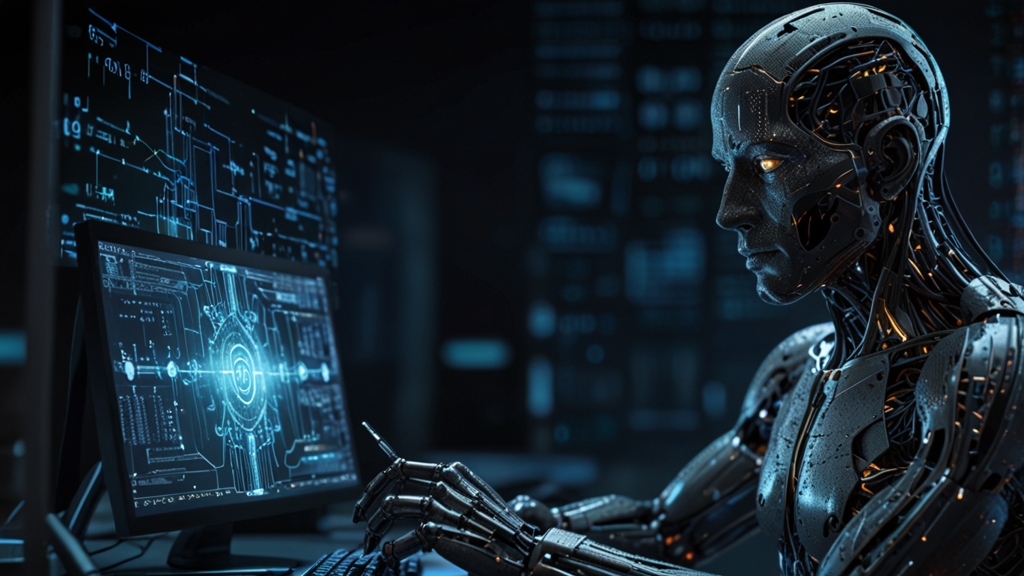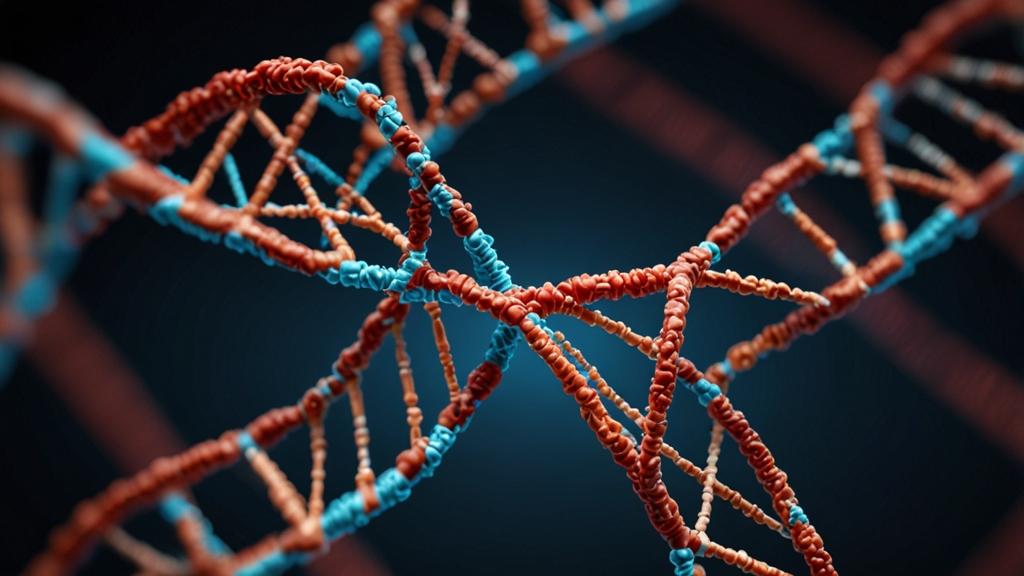Ancient Civilizations and the Power of Myth in Society
Mythology has been an integral part of human civilization since the dawn of time. The myths spun by our ancestors are not merely fanciful tales but are profound reflections of their experiences, values, and the mysteries of existence. Ancient civilizations like those of the Greeks, Egyptians, and Mesopotamians used myths to convey their understanding of the world, structuring their societies and inspiring future generations. This article explores the roles that myths played in these ancient civilizations and how they continue to influence contemporary societies.
The Role of Myth in Ancient Civilizations
In the ancient world, myths were more than just stories; they were essential tools for explaining the inexplicable. Natural phenomena, life cycles, and the origins of existence were often described through these narratives. For instance, Greek mythology gave elaborate accounts of the creation of the world, the gods, and the heroics of demi-gods, intertwining them with the daily lives and rituals of the people.
“Myths are public dreams, dreams are private myths.” - Joseph Campbell
The mythology of ancient Greece includes the tales of gods like Zeus, Hera, and Poseidon, each representing different facets of nature and human experience. These myths provided a framework within which the Greeks could understand the complexities of life, destiny, and morality. Temples and ceremonies dedicated to these deities were not just acts of worship but were also cultural events that brought the community together, reinforcing social norms and values.
Myths as Moral and Social Foundations
Myths were not only explanatory but also served as moral guides. The epic tales of gods, heroes, and monsters often carried ethical lessons. In Mesopotamian mythology, the story of Gilgamesh illustrates themes of friendship, the quest for immortality, and the acceptance of human mortality. It urges society to value friendship and recognize the limits of human endeavors.
In Egyptian mythology, the concept of Ma'at represented truth, balance, and cosmic order. The story of Osiris, Isis, and Horus underscored the importance of justice, familial loyalty, and the cyclical nature of life and death. These myths dictated the moral compass of society, influencing laws, cultural practices, and daily interactions among people.
“The myths are the bases of purposes; they express the pattern of our aspirations” - Erich Neumann
The Power of Myth in Modern Society
Though the ancient civilizations have long vanished, the power of myth persists in contemporary society. Modern adaptations of ancient myths in literature, films, and art continue to captivate audiences and offer a means to explore existential questions. For example, the stories of Hercules have found new life in numerous movies and books, demonstrating the enduring human fascination with heroism and the struggle against insurmountable odds.
Furthermore, contemporary myths emerge within new cultural contexts. Superheroes like Batman, Superman, and Wonder Woman embody modern values and dilemmas, reflecting contemporary issues and serving as modernized morality tales. These modern myths continue the age-old tradition of using narrative to convey complex societal norms and inspire collective imagination.
Conclusion
The myths of ancient civilizations were far more than entertainments; they were the bedrock upon which societies were built and understood. They provided explanations for the unknown, established moral and social guidelines, and reinforced communal values. While the context and characters of myths evolve over time, their fundamental purpose—to help humanity make sense of the world and our place within it—remains unchanged.
As long as humans seek to understand the mysteries of existence and aspire to ideals greater than themselves, myths will continue to shape societies, offering wisdom and inspiration across generations. Indeed, the power of myth is an enduring legacy of our ancestors that continues to inform and enrich human culture.








